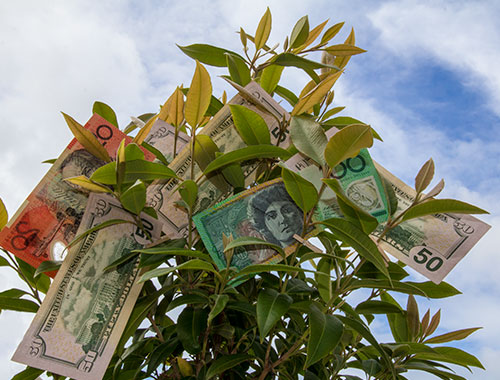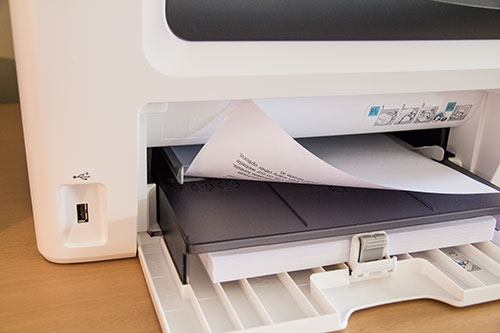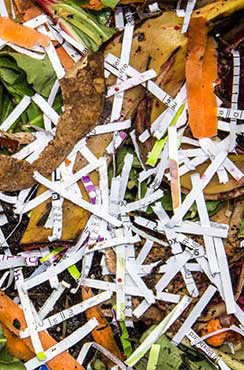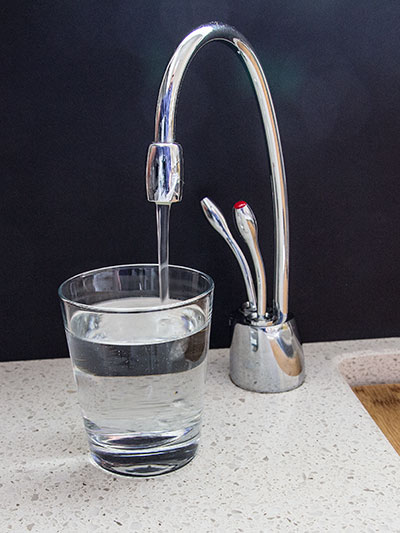
Provide plumbed in filtered drinking water for staff, rather than 15 kg bottles on top of a cooling unit. The 15 kg bottles are a health and safety hazard, they’re untidy around the office and transporting truckloads of water across town just makes no environmental sense.
Why drink expensive water from a plastic container anyway? Discourage staff from bringing in small plastic bottles of ‘spring water'; the discarded bottles are a huge environmental issue. Give staff a metal water bottle to take some filtered office water home and hopefully wean them off those little PET plastic bottles. They'll save money and together you'll help save the planet.
Set the air-conditioning temperature one or two degrees lower in winter and one or two degrees higher in summer. The environmental and cost savings are well worth everyone getting used to wearing a little more in winter and a little less in summer.
Avoid plastics when looking for marketing materials like point of purchase displays or brochure holders. Insist on cardboard sourced from sustainable forests, then recycle these materials at the end of their life. See Green info on our website for more information on how EZIPOPs are a better choice than most other options.
At home: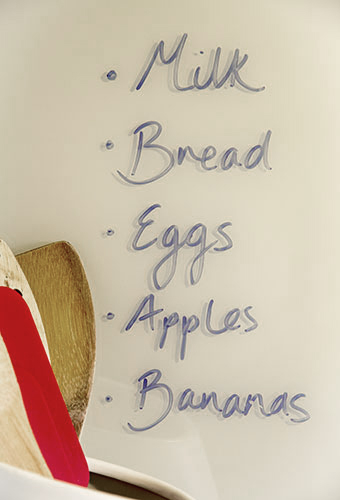
Plan the weekly menu to minimise waste - don't waste partly used ingredients by using up the balance in the following meal. Some well organised people plan a two week menu, it’s more economical and saves time too. Got leftover egg whites? Look for recipes such as an egg white omelet or make a batch of meringues.
Go shopping with a complete list and eliminate those minor shopping trips. Use a white board marker to write your list on the kitchen glass or glazed tile splash-back. Photograph the list with your phone rather than writing it onto paper.
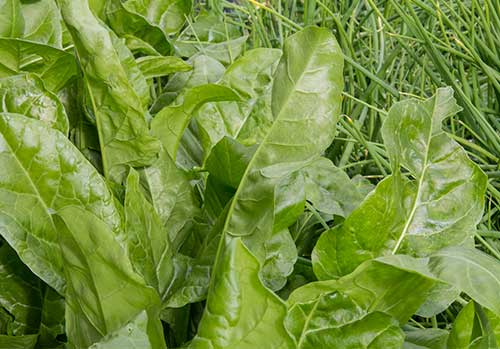 If you have space, grow some vegetables or herbs. It can be a great way to use your compost, saves money and you get the freshest possible food.
If you have space, grow some vegetables or herbs. It can be a great way to use your compost, saves money and you get the freshest possible food.
Look into home made cleaning products that are better for the environment and save money too. You’ll also find recipes for home made beauty products that don't contain harmful chemicals.
Where possible, replace disposable items like batteries with re-chargeable ones. The up-front investment will soon be recouped and it means less toxic waste goes to land-fill. Many stores provide recycle bins for used batteries and toner cartridges too.
Donate unwanted items to charity shops and look for items you otherwise may have purchased new.
Use washable cloths in the kitchen instead of paper towels and use cold water to wash your clothes.
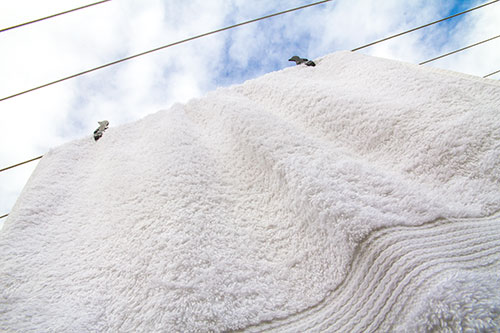
Dry in the outside air and sunshine, rather than a clothes dryer. Sunshine kills bacteria and your clothes will smell fresher too.
Enjoy the exercise of using a leaf rake and broom instead of those noisy and eco-unfriendly blowers. You'll save on gym fees at the same time.
In the cooler months, use a cosy blanket and sit close to your special person or pet, while watching TV, rather than using a heater or air-conditioner. In the hotter months, use fans for comfort, using the air-conditioner only on the hottest days.
Plant drought tolerant native plants to save on water usage, they'll need less chemicals and fertilisers too.
Automotive:
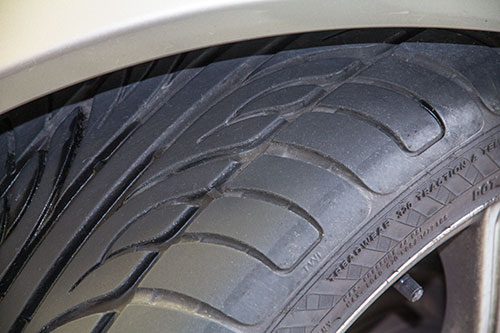 Don’t carry unnecessary weight around in your vehicle. Unless you’re a tradie, you probably don’t need to carry your tool kit everywhere with you. Extra weight means higher fuel consumption. Roof racks or bars are usually not aerodynamic and contribute to fuel usage, so take them off when not in use. Check tyre pressures too, under-inflated tyres are unsafe, they wear out faster and increase fuel useage.
Don’t carry unnecessary weight around in your vehicle. Unless you’re a tradie, you probably don’t need to carry your tool kit everywhere with you. Extra weight means higher fuel consumption. Roof racks or bars are usually not aerodynamic and contribute to fuel usage, so take them off when not in use. Check tyre pressures too, under-inflated tyres are unsafe, they wear out faster and increase fuel useage.
Plan your trips: Writing a list of things that need to be done on the trip to the bank etc. can make a much more productive drive and eliminate many short dashes.
Use washable cloths instead of disposable paper for some automotive tasks.
Catch public transport and enjoy the ride.
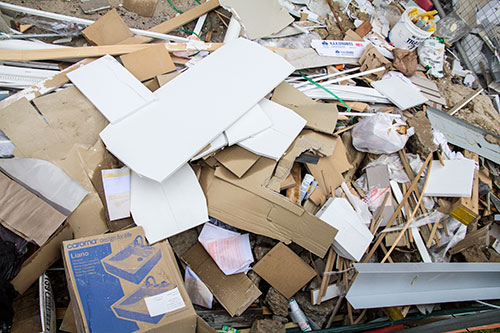
Construction and building:
If you’re in the trade or having work done around the home, insist on contractors recycling as much as possible by providing bins for paper/cardboard, glass & cans with a separate area provided for general waste.
Try to re-use as much material as economics allow. A few minutes de-nailing can turn waste timber into dollars!
Most metals are recyclable and clean cardboard should be saved for recycling.
If you've got some other great green ideas, please share them with us via the contact us form.
